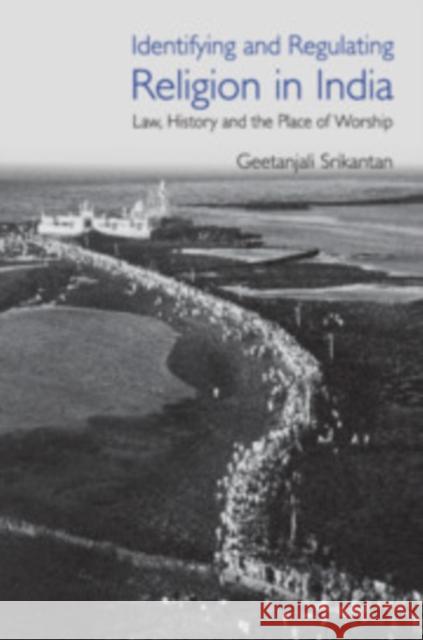Identifying and Regulating Religion in India: Law, History and the Place of Worship » książka
Identifying and Regulating Religion in India: Law, History and the Place of Worship
ISBN-13: 9781108840538 / Angielski / Twarda / 2020 / 258 str.
Judicial debates on the regulation of religion in post-colonial India have been characterised by the inability of courts to identify religion as a governable phenomenon. This book investigates the identification and regulation of religion through an intellectual history of law's creation of religion from the colonial to the post-colonial. Moving beyond conventional explanations on the failure of secularism and the secular state, it argues that the impasse in the legal regulation of religion lies in the methodologies and frameworks used by British colonial administrators in identifying and governing religion. Drawing on insights from post-colonial theory and religious studies, it demonstrates the role of secular legal reasoning in the background of Western intellectual history and Christian theology through an illustration of the place of worship. It is a contribution to South Asian legal history and sociolegal studies analysing court archives, colonial narratives and legislative documents.











